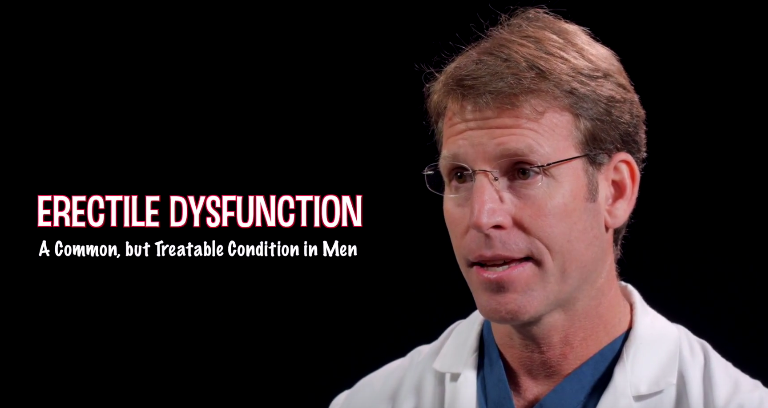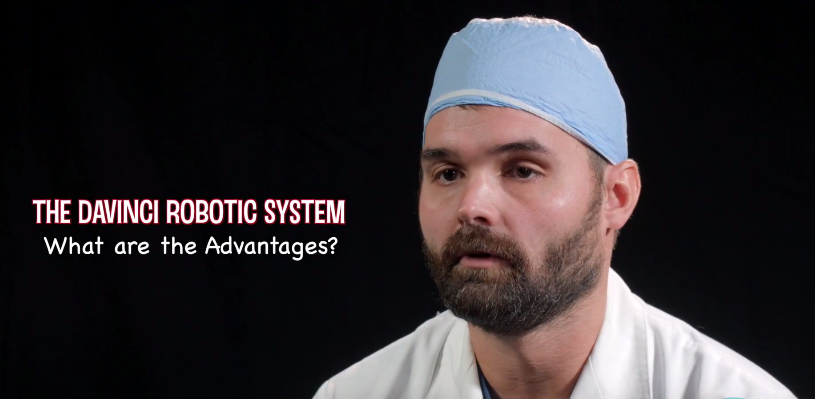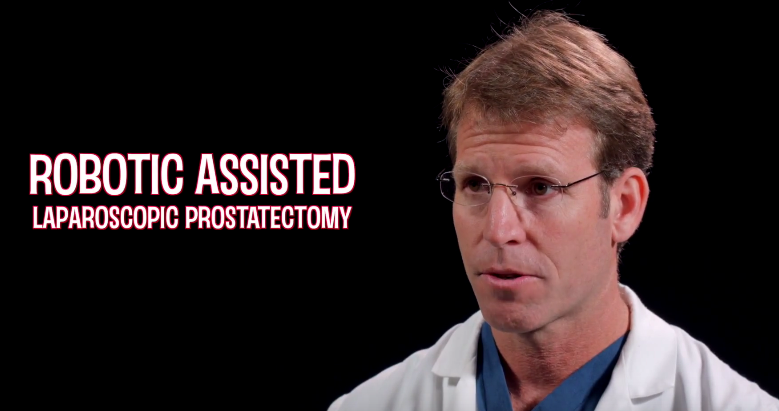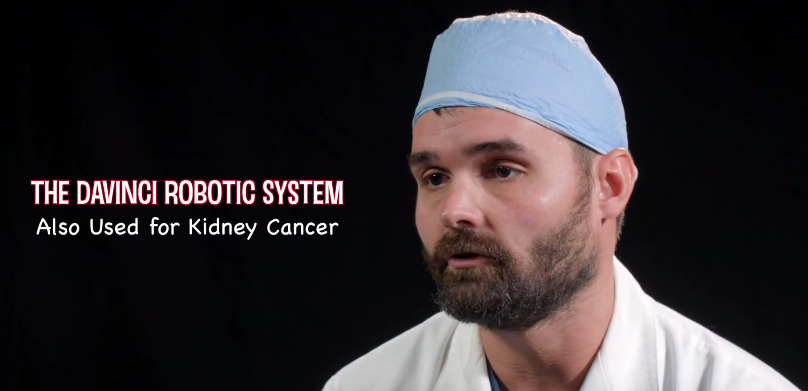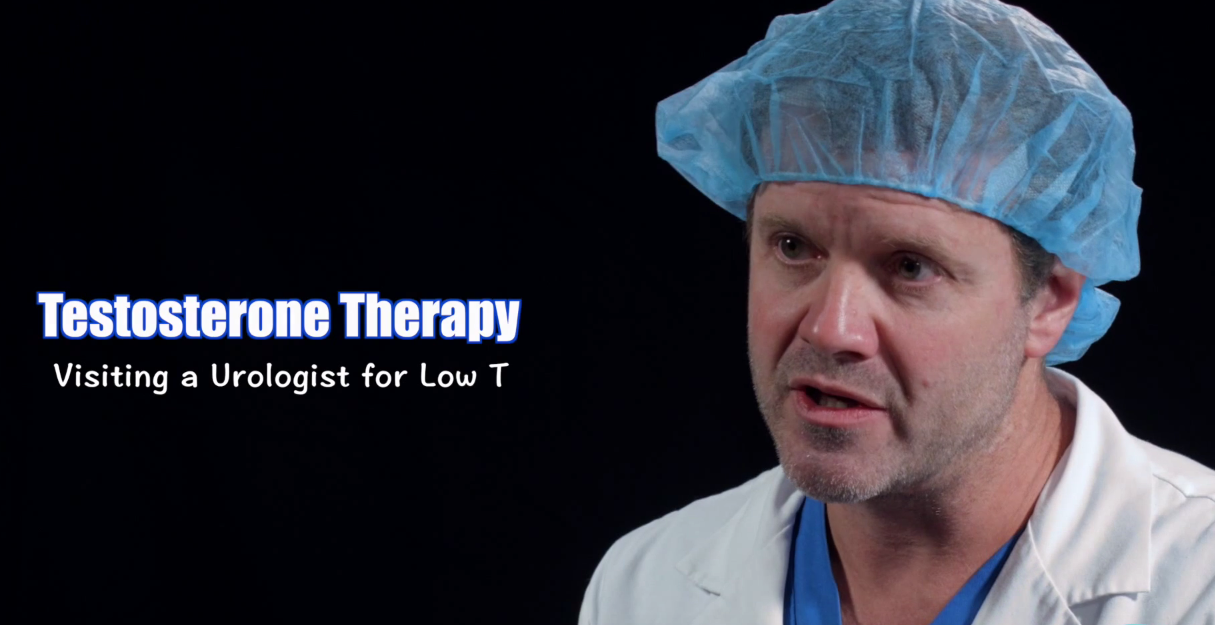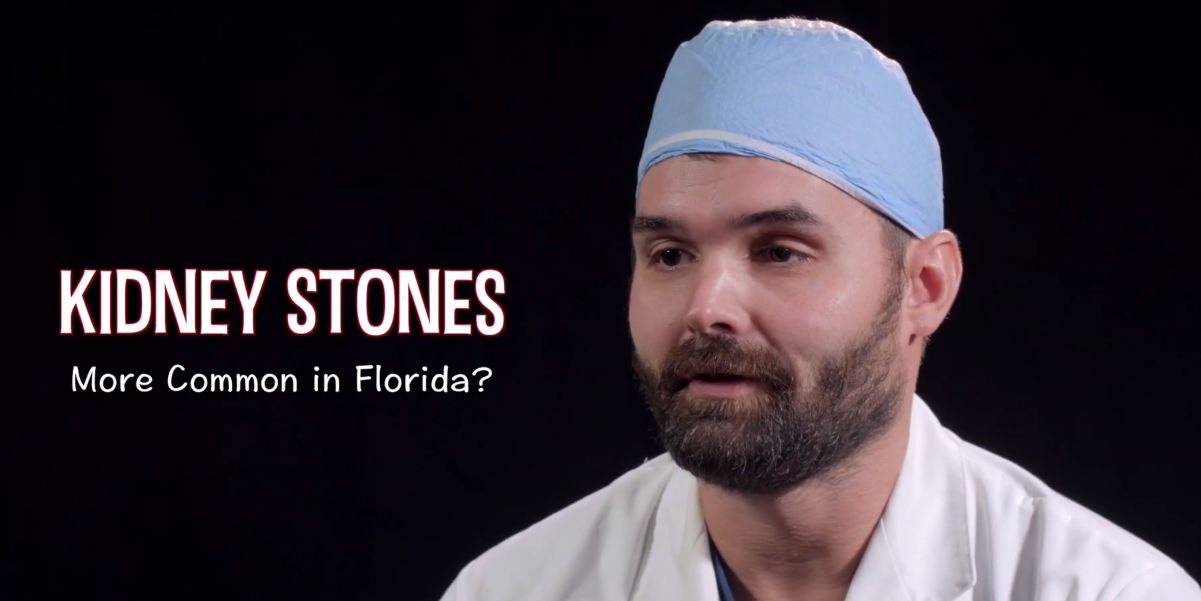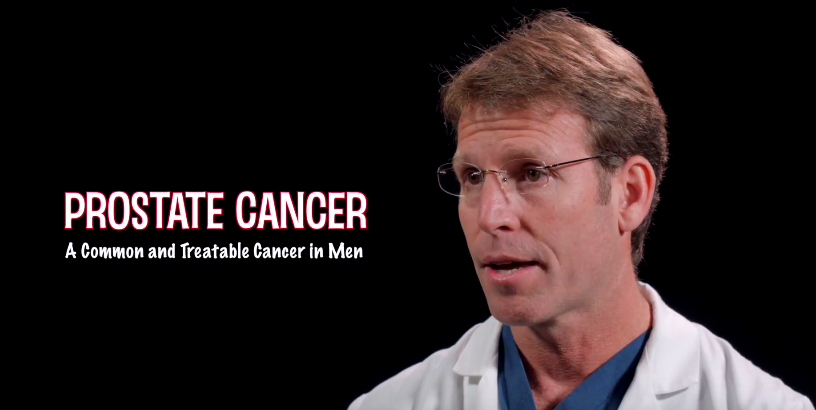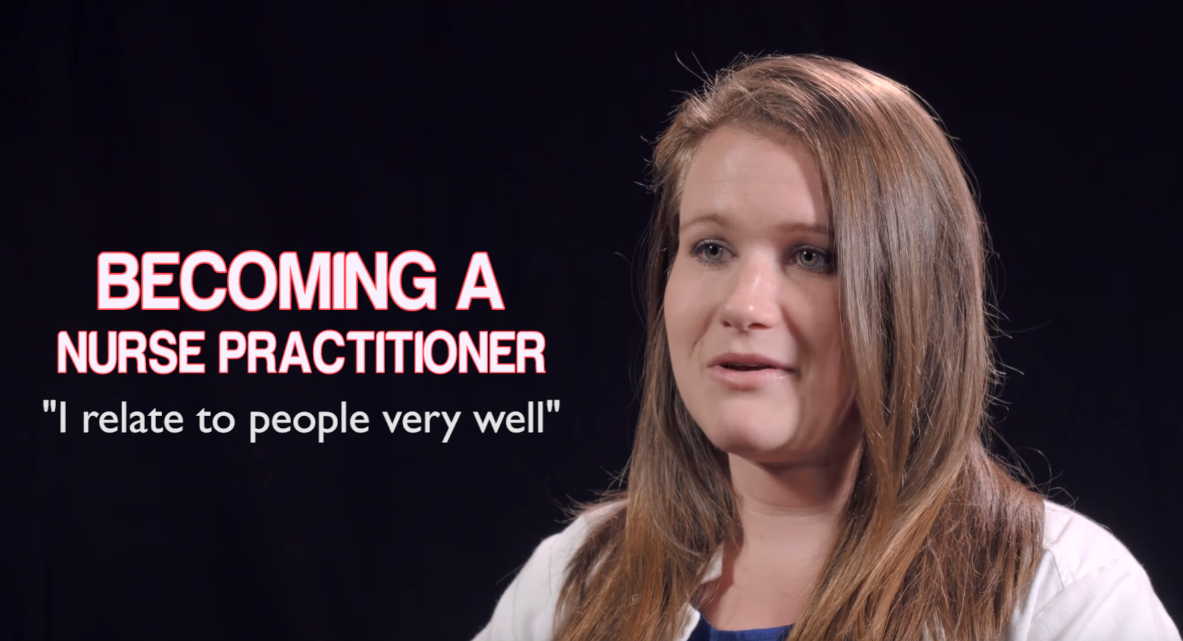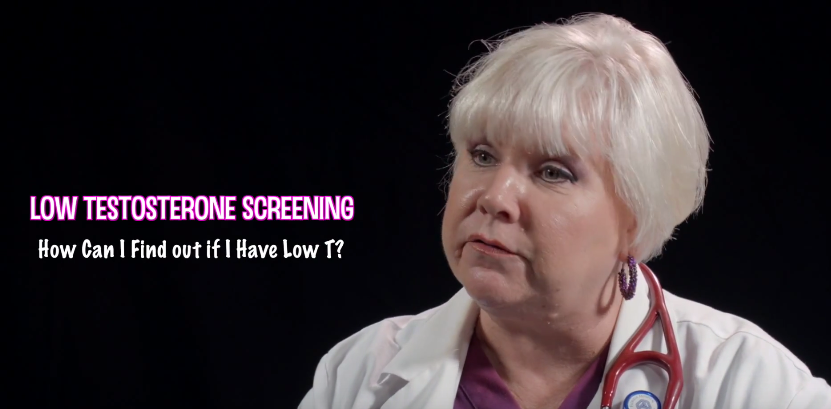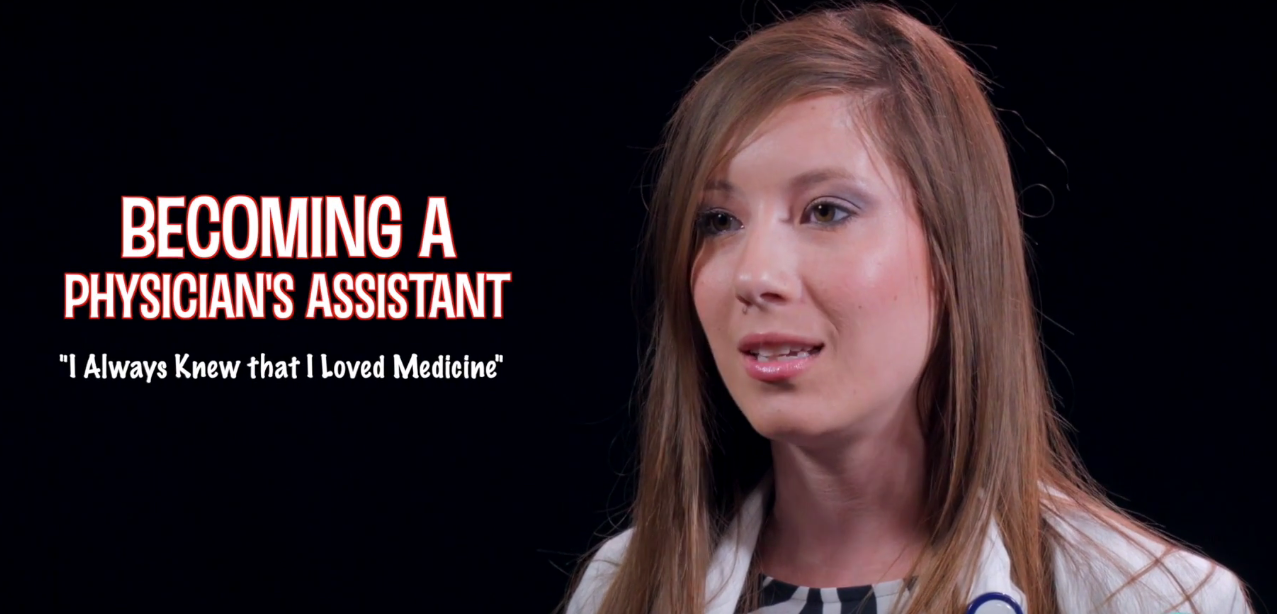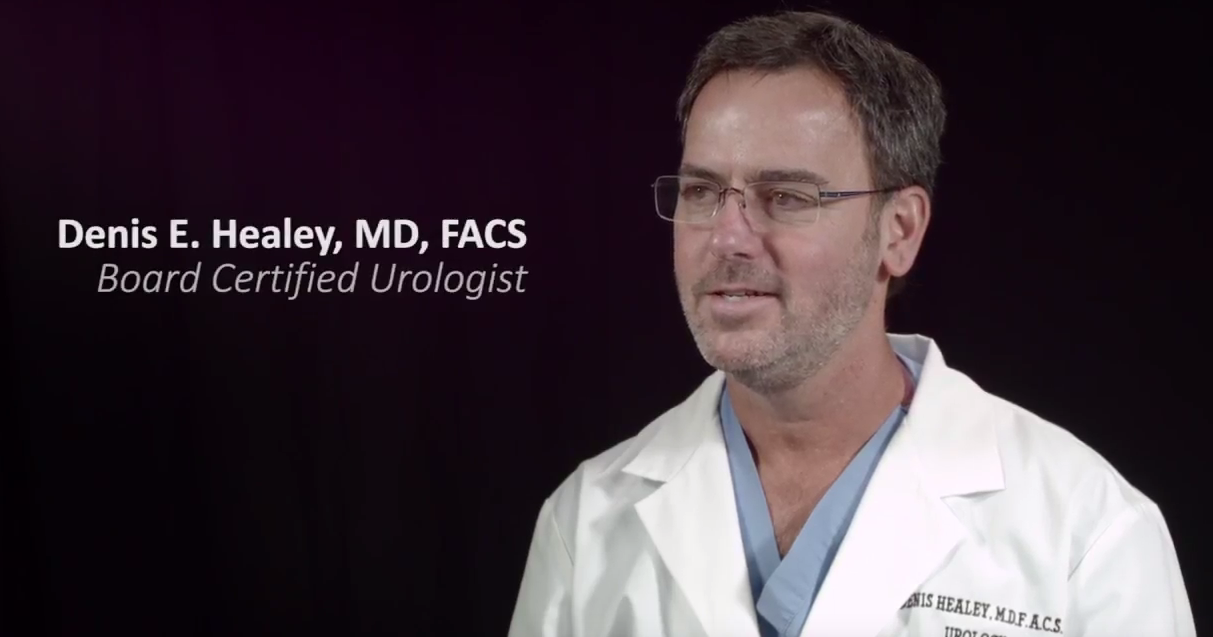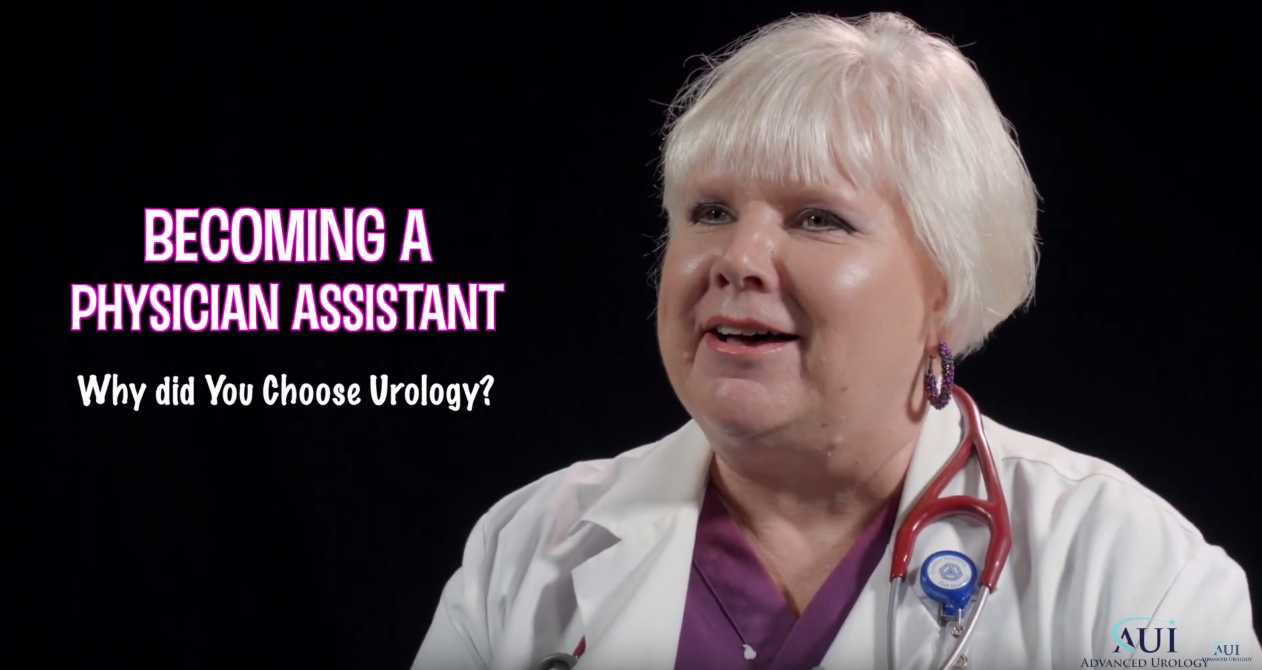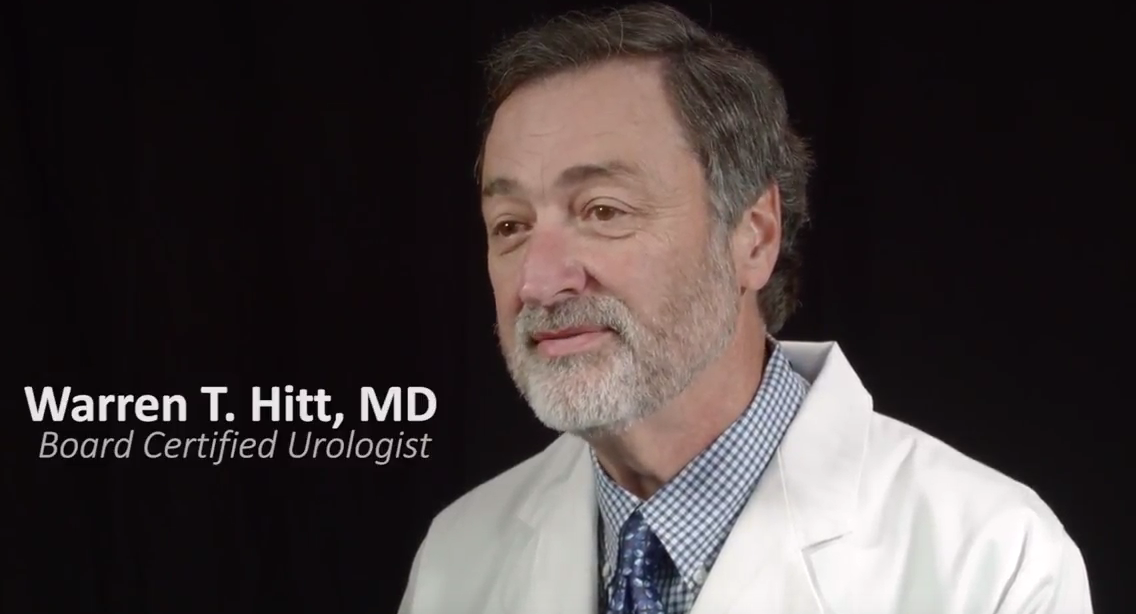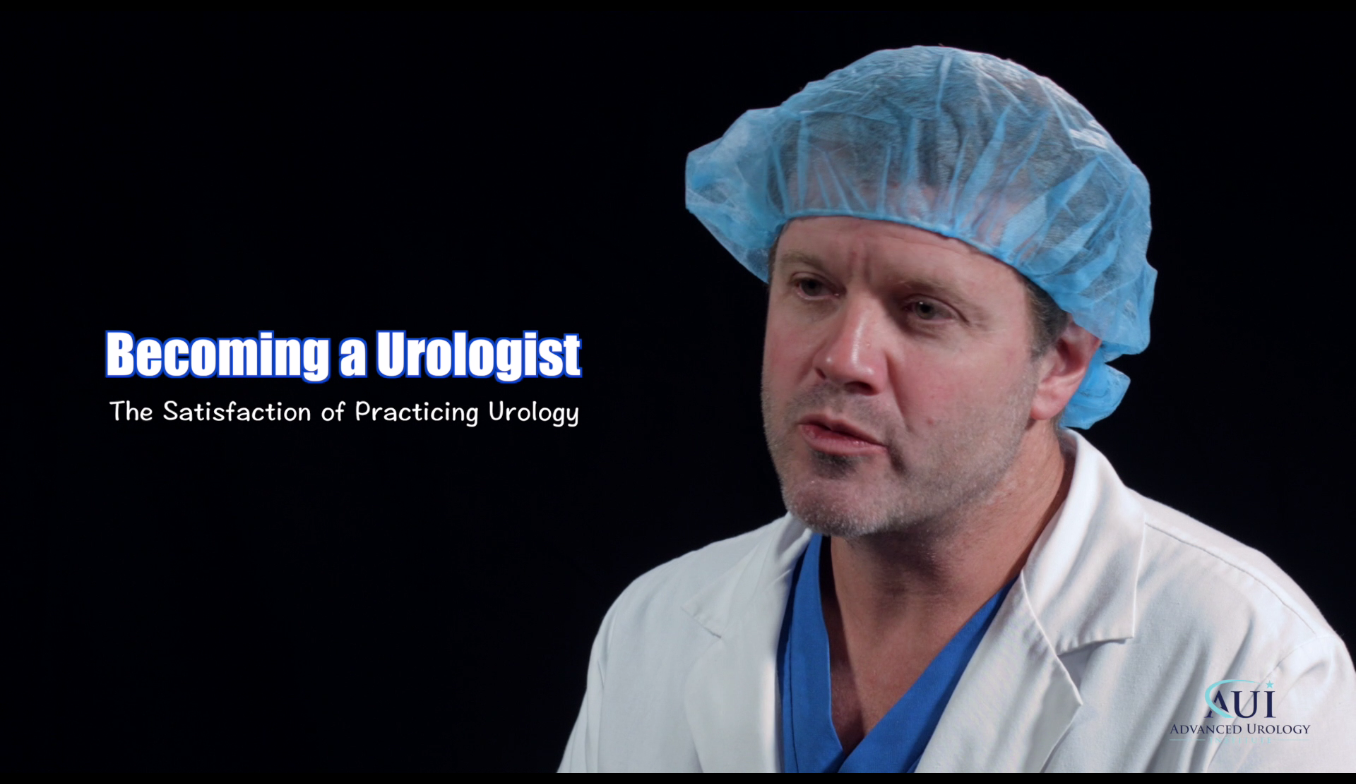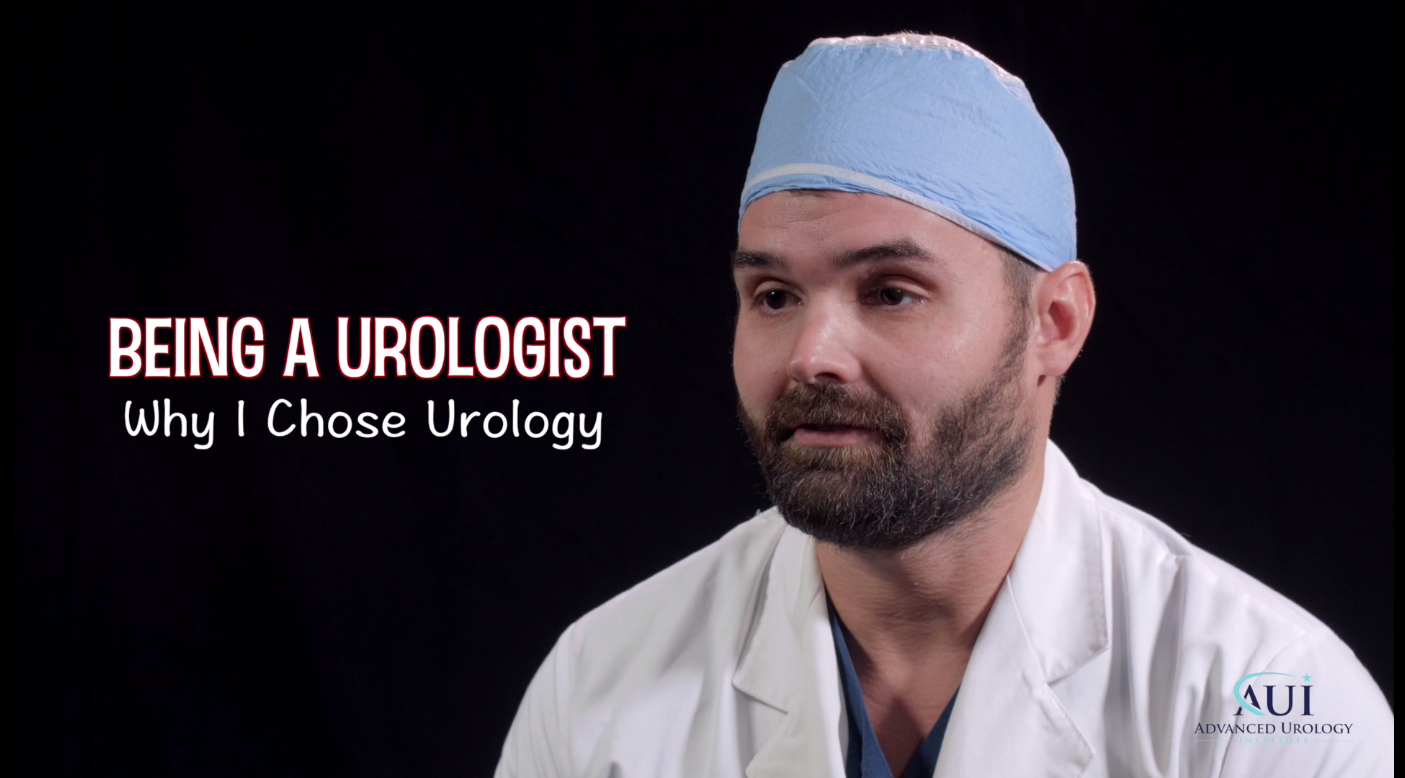Dr. Evan Fynes, a urologist in Port Orange, FL, has a passion for his work and a deep appreciation for the variety and patient interaction that comes with practicing urology. In this article, we will explore the factors that led Dr. Fynes to choose urology as his specialty and how his work positively impacts patients’ lives.
The Path to Urology
Dr. Fynes grew up in Toledo, Ohio, and completed his undergraduate and medical education, as well as his six-year urologic residency, at the University of Toledo. Early on in his training, Dr. Fynes was encouraged by a friend who was a urology resident to explore the field of urology. He quickly found that he enjoyed the diversity of cases and the daily challenges that came with the specialty. From kidney stones and enlarged prostates to kidney cancer, every day brought something different to his work.
Patient Interaction
One of the aspects of urology that Dr. Fynes particularly enjoys is the patient interaction. He values the opportunity to develop relationships with his patients, often bonding over shared interests, such as football. This rapport allows him to better understand his patients’ concerns and provide tailored treatment plans to address their specific needs.
Making a Difference in Patients’ Lives
Dr. Fynes finds great fulfillment and reward in helping patients overcome their urological problems. Whether it’s removing a kidney stone or vaporizing prostate tissue to enable a patient to urinate without a catheter, he takes pride in the positive impact his work has on patients’ lives. Their gratitude and satisfaction make his efforts worthwhile and further solidify his passion for the field of urology.
Advanced Urology Institute
Dr. Evan Fynes is a part of the Advanced Urology Institute, the largest urology practice in Florida. The institute is dedicated to providing the highest quality of care for their patients through the use of state-of-the-art technology and evidence-based treatment approaches. By choosing the Advanced Urology Institute for your urological needs, you can trust that you are receiving the best possible care from highly skilled and experienced professionals.
TRANSCRIPTION:
I never met an unhappy urologist. They all seemed to really like what they did for a
living and were really enthusiastic about their job.
Hello, Dr. Evan Fynes. I’m a urologist with Advanced Urology Institute. I’ve been down
here in Florida about 15 months now. I came down from the great state of Ohio. I grew
up in northwest Ohio, Toledo, Ohio. I went to school at the, basically did all my training
in Toledo. Went to undergrad, med school, and then did a six-year urologic residency
at the University of Toledo. Urology really caught my interest early on in my training.
I had actually a good friend that was a urology resident, and he told me to kind of check
out urology. And so when I really looked into it, I mean, I really liked the diversity of
the cases. Every day you’re doing something different, whether it’s kidney stones, somebody
with a large prostate, to taking out or removing kidneys because of kidney cancer. You never
knew what you were going to do that day. It was a wide variety.
One of the favorite things I like about my work is just patient interaction. A lot of
times when I initially talk about a patient, they’ll walk in with a Pittsburgh Steelers
hat on, and the first 10 minutes of my conversation is talking about football. And so I really
enjoyed the patient interaction of getting to know somebody, developing that relationship
with somebody, and then trying to help them with their problem. From that, when you get
to help them with their problem and basically correct their situation, whether it’s removing
a kidney stone or they have a catheter in and you take away their, you know, vaporize
their prostate tissue and they’re able to pee on their own, they’re very satisfied with
having that catheter out. It does give you a sense of fulfillment and reward that
you’ve helped somebody, and they’re usually very grateful.
REFERENCES:


